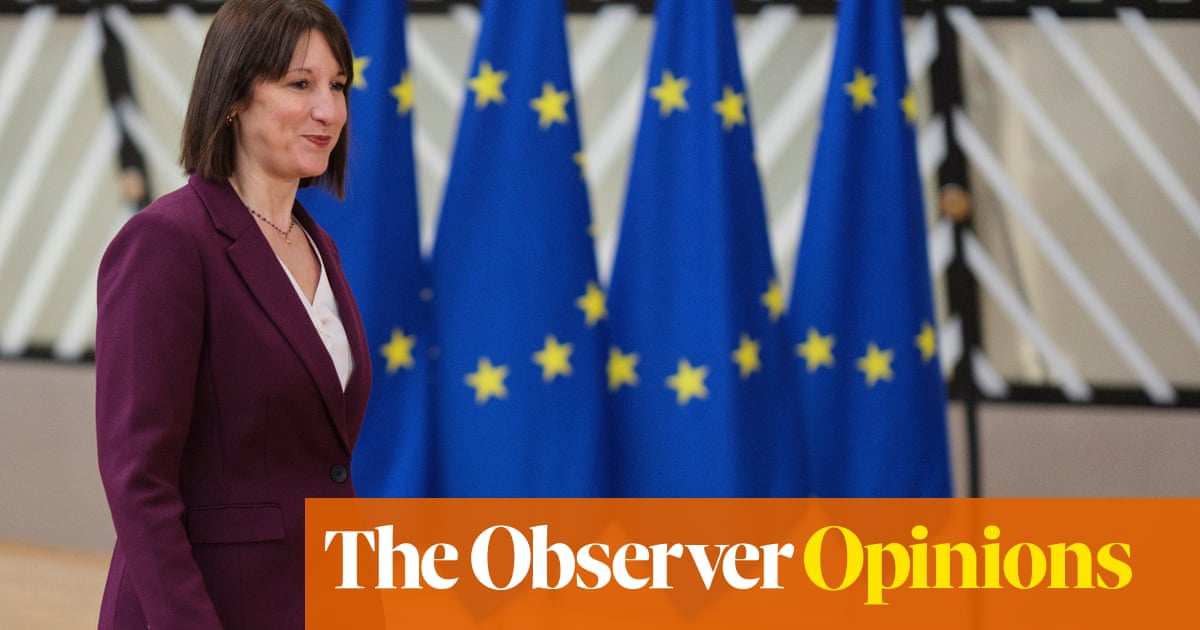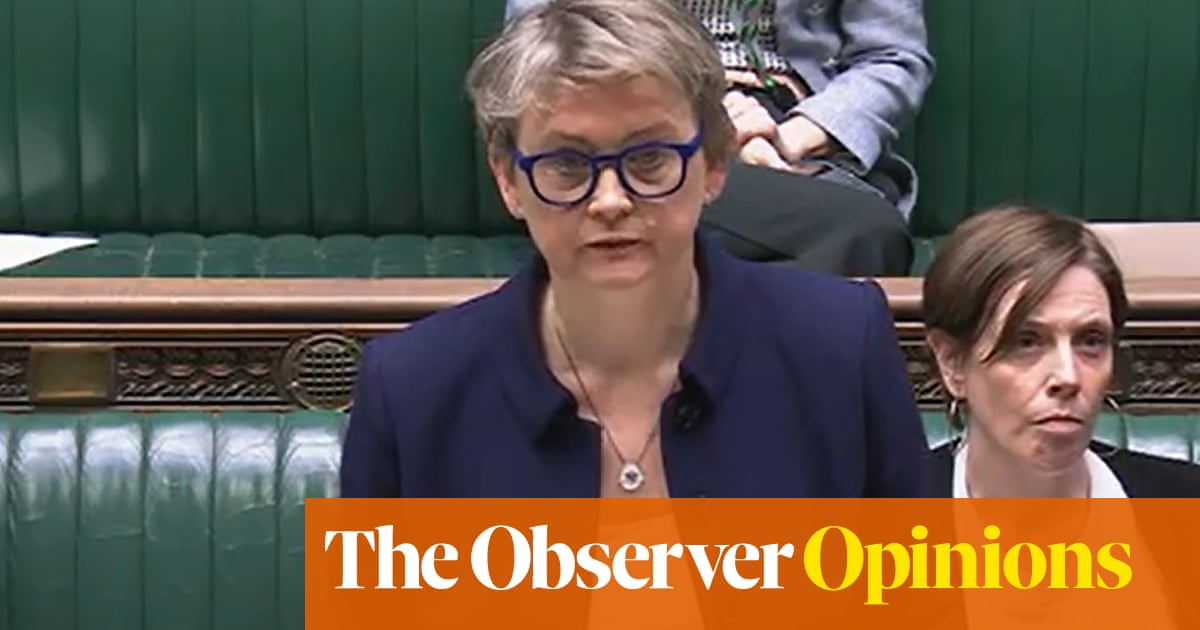Mohammed bin Salman personally lobbied David Cameron earlier this year to intervene in the legal case of a London-based dissident who is suing the Saudi government, amid threats by its officials that the issue “could have implications” for £100bn of investment in the UK.
UK government documents obtained by the Guardian show that Cameron asked senior Foreign Office (FCDO) officials to propose options after the extraordinary intervention by the Saudi crown prince over the case brought by Ghanem Al-Masarir, a prominent critic of the Saudi royal family who is living under asylum protection in the UK.
At the centre of Masarir’s case are allegations that Saudi Arabia ordered the hacking of his phone and that he was physically assaulted by agents of the kingdom in London in 2018.
The targeting and hacking of Masarir’s phone by a network probably linked to Saudi Arabia was confirmed by researchers at The Citizen Lab, the University of Toronto, who are considered among the world’s leading experts in tracking digital surveillance of dissidents, journalists and other members of civil society.
The crown prince of Saudi Arabia brought up the court case with Cameron, the then foreign secretary, on the sidelines of a World Economic Forum meeting held in Riyadh in late April.
Prince Mohammed’s lobbying followed earlier pressure from senior Saudi ministers, acting at his behest, who warned the issue could have “implications for existing and future Saudi investment in the UK which we are told is more than £100bn”, according to a summary prepared by British officials.

The Guardian obtained the records through a freedom of information request. It is a summary drawn up by civil servants in a briefing pack for a subsequent ministerial visit to Saudi Arabia by Kemi Badenoch, the current Conservative leader but the then trade secretary, in May 2024. Details emerged as Keir Starmer concludes a visit to the Middle East, including talks with the crown prince.
In January, the court of appeal struck out a claim by Saudi Arabia’s lawyers intended to prevent the case going ahead. The high court had ruled in 2022 it could proceed despite Saudi claims of state immunity, after the kingdom failed to pay £210,000 as security for Masarir’s costs.
Masarir said it was “shocking and unacceptable that [the crown prince] believes he can manipulate the UK government to intervene in my legal case … His recent request to the UK to take action against my case underscores his belief that judicial systems worldwide can be treated like Saudi Arabia’s – where courts have never been independent and serve only to advance his personal agenda.”
Masarir added that Prince Mohammed was “trying to strong-arm the UK into undermining its legal system. This blatant attempt to weaponise Saudi wealth is not just an attack on justice for me but on the UK’s judicial independence”.
British officials, who were not named in the public records, characterised the 2022 high court ruling as containing a “somewhat novel legal opinion” in the judge’s finding that only part of the alleged harm needed to have occurred in the UK. They noted: “We are exploring whether there is any possibility that [the UK government] could seek to challenge this interpretation in court.”
The summary said that Prince Mohammed’s intervention “comes off the back of the Saudi deputy foreign minister, a senior adviser to the royal court and the Saudi national security adviser raising the matter previously at [Prince Mohammed’s] behest”.
It added: “The Saudis are concerned that a prejudicial ruling in this case could cut across the principle of sovereign immunity, which in turn could have implications for state assets.
“The issue is exacerbated by the debate in the UK (and elsewhere) around the use of seized Russian assets to financially support Ukraine, which has also been raised by Saudi ministers (including of finance, commerce and investment) on multiple occasions over the last two years.”
Any intervention would now pose a challenge for the UK government’s chief legal officer, Richard Hermer KC. Before his appointment as attorney general in Starmer’s government, Hermer acted for Masarir as his lead barrister in his high court claim.
The revelation is the latest example of Prince Mohammed seeking to exploit legal protections that are granted to sovereign leaders in courts around the world to escape legal accountability for alleged acts of transnational repression carried out by the Saudi state.
Two years ago, a US judge dismissed a lawsuit against the crown prince that claimed he had conspired to kill the journalist Jamal Khashoggi. In his ruling, the judge said the crown prince was entitled to sovereign immunity despite “credible allegations” that he was involved in the murder.
Judge John Bates, a US district court judge acknowledged “uneasiness” at the time in the decision, but said his hands were in effect tied by the Biden administration’s recommendation that Prince Mohammed be given immunity.
The decision to grant immunity came shortly after the crown prince was suddenly promoted to the role of prime minister, a move that human rights defenders said was a ruse to escape accountability.
According to a summary of their talks issued by Downing Street, Starmer invited the crown prince to the UK and expressed hope the two leaders could watch a football game between meetings.
The British government declined to say if it was still considering its options.

.png) 1 month ago
14
1 month ago
14













































